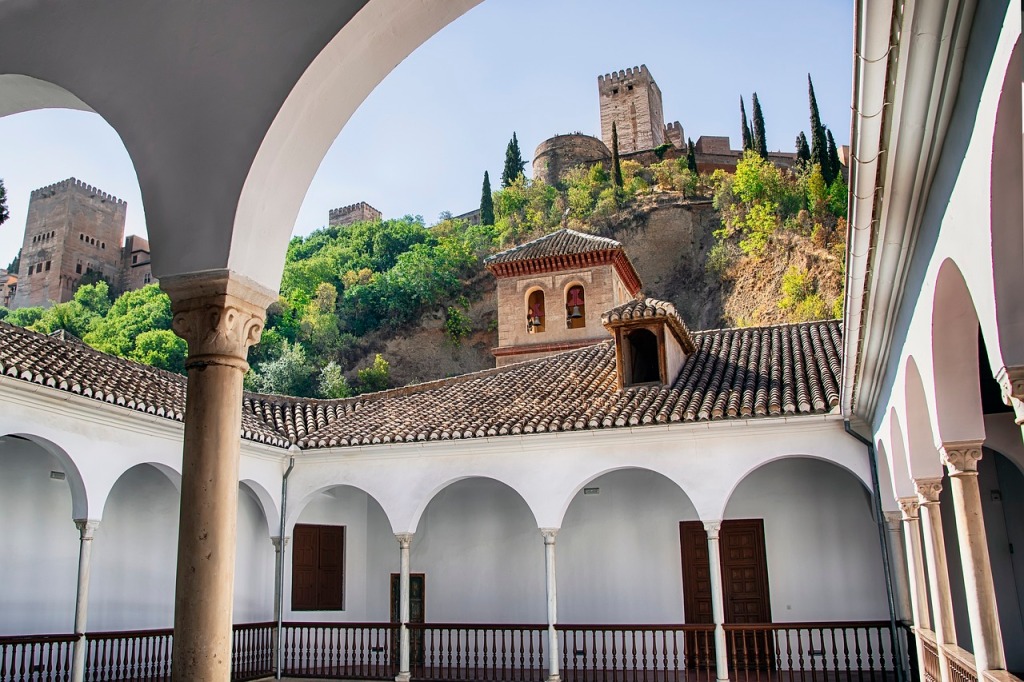
The historian Edward Gibbon, in Chapter LII of his history, offers an instructive quotation alleged to have been spoken by the first emir of Cordoba, Abd Al Rahman III. This prince ruled a considerable part of Spain for a period of thirty-two years, from A.D. 929 to 961. Upon the death of this laborious and tolerant caliph, the following rumination was found among his writings:
Continue reading









You must be logged in to post a comment.